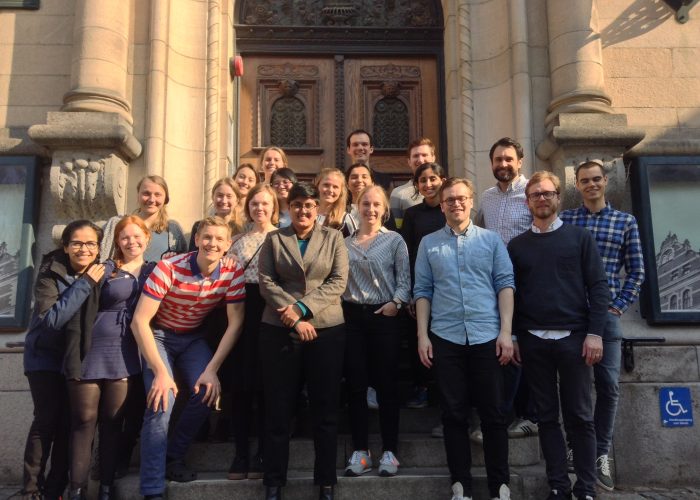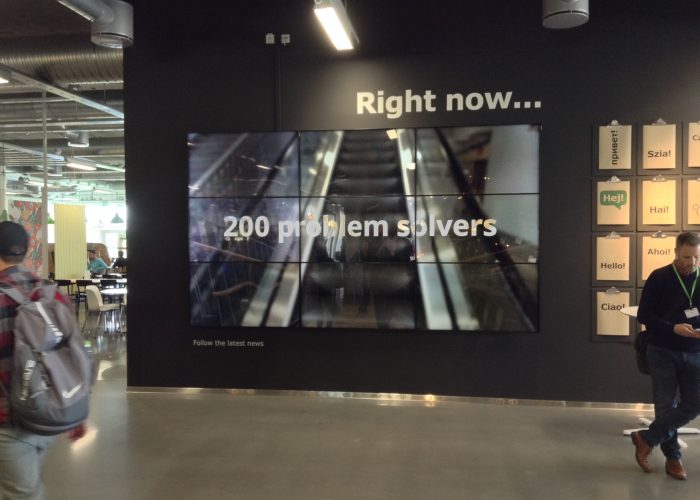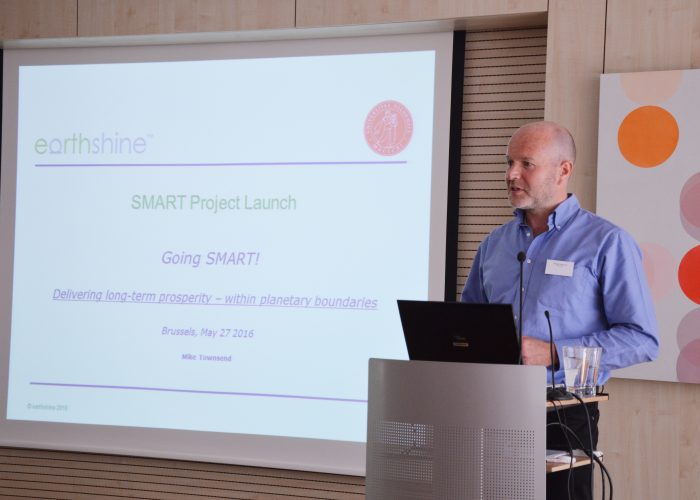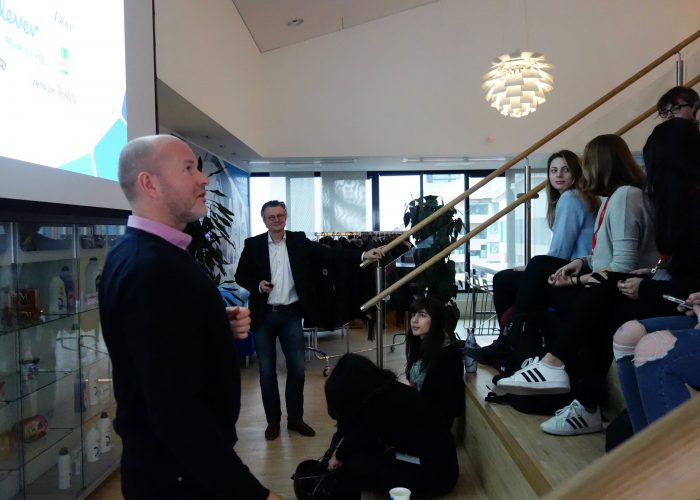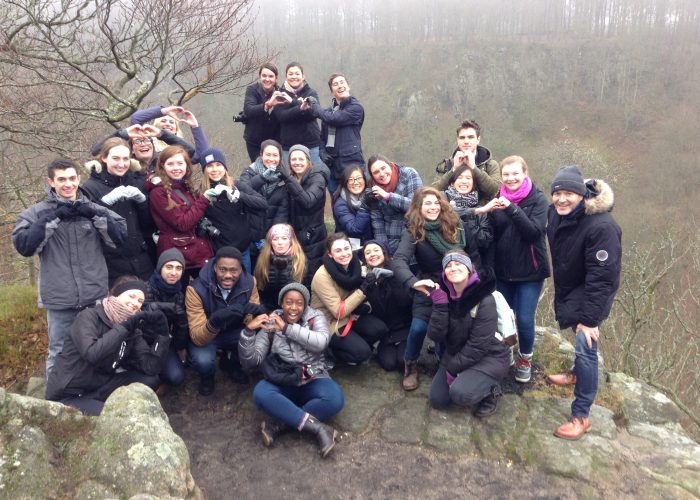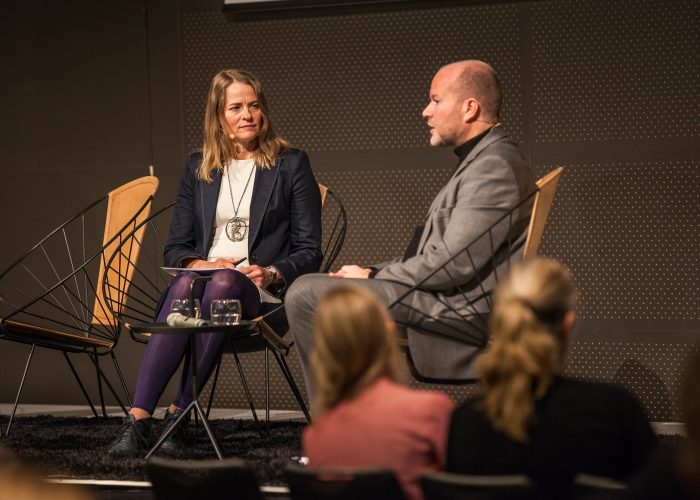What factors lie behind the misalignment of company behaviour and its sustainability goals?
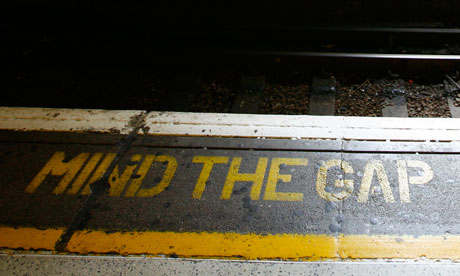
Jo Confino raised the lid on a fundamental issue when he questioned whether Barclays had brought corporate responsibility (CR) into disrepute. As he points out, there is a vast gap between the company’s behaviour and its corporate sustainability aspirations.
In addition to the fallout from the ongoing financial crisis, we have also witnessed the recent Libor and mis-selling scandals, but there are also questions about how Barclays, and indeed other banks, generate legitimate wealth. The bank allegedly makes up to £340m each year from agricultural commodity price speculation; an activity that has the impact of driving up food prices and exacerbating poverty worldwide.
Even looking behind the headlines, and digging deeper into the source report, it is clear that short-term speculation is a significant activity in which Barclays, and other major banks, make substantial profits.
Given the true impact of such business activities, it begs the question: can this ever be considered a legitimate source of revenue, within the framework of a genuinely sustainable business? I’m also unsure how we square this approach to business with the bank’s gold status in the latest BITC Corporate Responsibility Index.
The real point is that it really does take more than a bit of eco-efficiency and volunteering to develop a truly sustainable business. The ways in which companies make their money has a huge impact on society, and the planet.
But Barclays is certainly not the only culprit when it comes to misalignment between CR aspirations and business strategy. There are plenty of other examples of corporate schizophrenia out there, and you don’t have to dig too deeply to find them.
BMW was recently accused of hypocrisy for its lobbying activities, aimed at watering down EU plans to further improve fuel efficiency of cars, while simultaneously trumpeting its green credentials as an official sponsor of the Olympic Games.
Of course, no business is perfect. So why is this strategic misalignment an important issue and is there a more fundamental issue at stake?
While there are pockets of good practice out there, there can be no room for complacency, otherwise our businesses will fail, and ultimately so will our planet.
Eco-efficiency only gets us so far; it slows down the impact of some issues, and buys more time (subject to the rebound effect), but it doesn’t solve the fundamental problems we face.
The circular economy, in theory, has the huge potential to maximise resources in use, and alleviate pressure on earth’s precious and declining reserves. A worthy strategy for all, but on its own it will not solve some of our socioeconomic challenges.
The sustainable business movement will remain partial until it exerts real pressure on the business model and corporate strategy.
What is driving the gap between CR aspirations and the reality of corporate behaviour?
Is the problem one of businesses simply attempting to hijack the CR/sustainability agenda, in order to gain a perceived, short-term reputational advantage? Or perhaps intentions are good, but there is a genuine lack of understanding on what is required to become fully sustainable, with sustainability treated as an adjunct to the main purpose of making money. It is possible that many companies intuitively get the idea of eco-efficiency, without questioning the more fundamental aspects of the business, its strategy, and its true impact.
Business leaders and their CR advisors may truly believe that by adopting an incremental change agenda, slowly pushing the organisation in the right direction, they are doing well. After all, one has to start somewhere and some of the key, underlying business challenges may be considered too difficult to solve today. Short-term pragmatism is fine, so long as it doesn’t become an excuse for dealing with the fundamental issues.
There can also be a problem with definitions and scope. More or less everyone claims to be green or sustainable these days. Whether it’s the greenest government ever, the greenest Olympics, or the greenest product manufacturer; there are lots of CR reports out there, lots of fine words and a plethora of awards and rankings. But clearly, in reality, not all we see today will be fully sustainable.
Perhaps there is a skills gap at play? There are many good CR people out there, with a great many skills in technical and sustainability matters, but they may not have a rigorous grounding in business, to provide the confidence and insights that enable them to challenge the business strategy, and drive through a new integrated agenda.
Equally, the majority of business leaders may still lack a sufficient understanding of the real challenges they face, and how sustainability principles can provide them with an enlightened approach to modern business strategy, resilience, profitability and success. There really does need to be one agenda – integrating all aspects of business and sustainability.
There may be darker forces at work in some corporations, holding back those who would progress the sustainability agenda from making meaningful inroads into the hallowed core of the business and its strategy “…do not go there, ’tis more than your job is worth!”
A recent survey of Wall Street executives found that a quarter of participants believe that wrongdoing is a key to success. It is worrying that so many business executives should see the world this way, but one also wonders how many participants felt able to be candid – the real proportion of those prepared to accept wrongdoing may, in reality, be much higher.
But there is another important barrier – the difficulties that incumbents face when meeting the ultimate business challenge: should they be the one to kill the golden goose? It can be hard for any organisation to turn its back on the revenue stream that may well have generated the company’s wealth and status to this time, in order to deliver a more sustainable business model.
Even if the directors have the vision and foresight to see how the business model could and should be changed, there is still the real fear of failure that would go with such a bold move.
Now we’re really getting to the root cause – the human condition – and this is perhaps where we need to do most work; taking away that fear of failure, and freeing people up to try, experiment, learn, and improve – to be bold.
After all, we cannot hide from the strategic icebergs out there, and shouldn’t the real focus of our fears be of staying as we are now, as we will all surely fail on our current course?
—
Mike Townsend is founder and chief executive of Earthshine Group, and author of The Quiet Revolution (Routledge, forthcoming).
This article was originally published by The Guardian
Follow Mike Townsend on Twitter.







